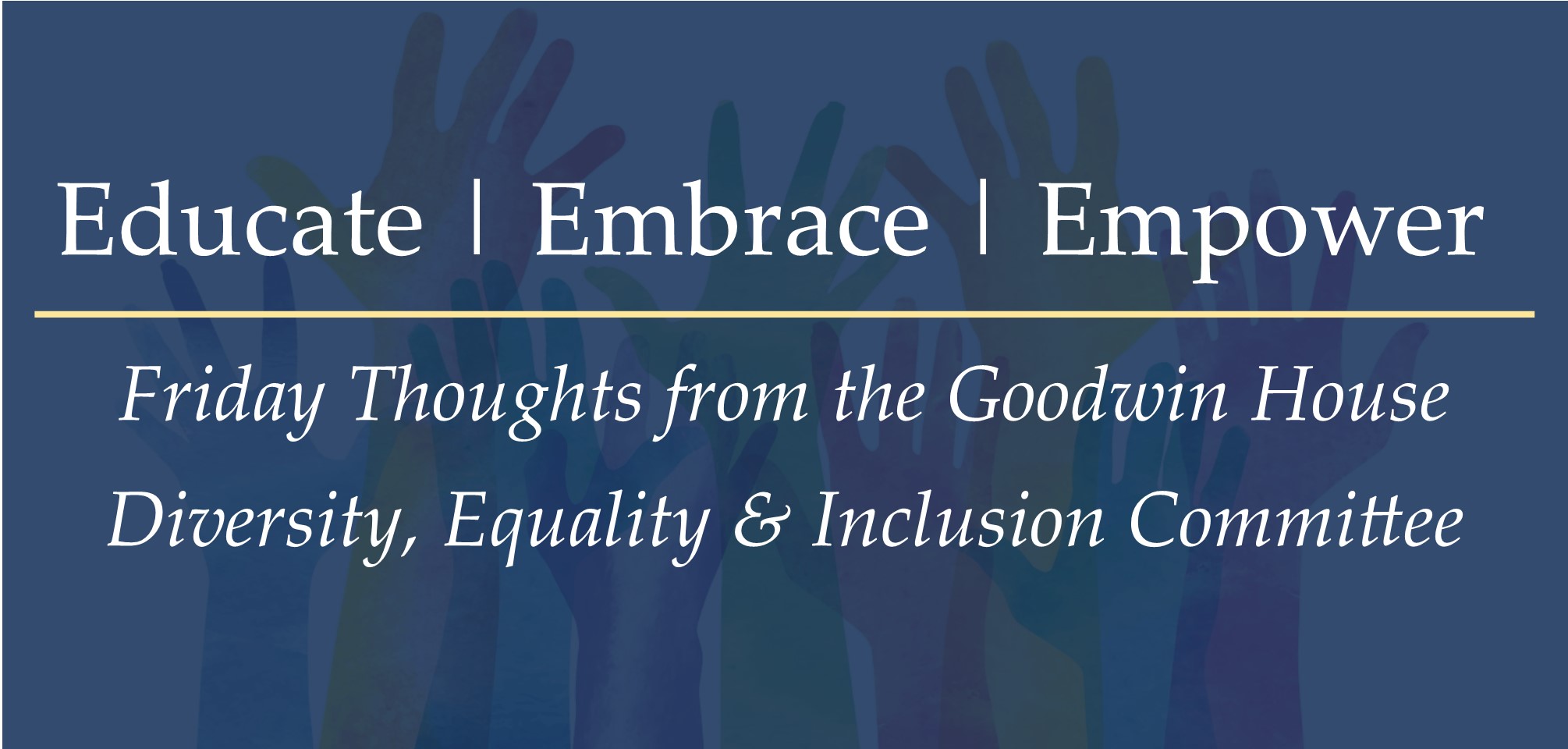
Diversity Equity Inclusion & Belonging - March 5, 2021
by G. Theresa Thomas & Nathalia Salvatierra
When a woman speaks, the world should listen!
Women’s History Month is the celebration of all the mothers, sisters, aunts and friends who decided they would not be forgotten or silenced. The first step toward acknowledging women’s stories and impact on the world came in February 1980, when President Carter issued the first Presidential Proclamation that declared the Week of March 8th, 1980 as National Women’s History Week. Seven years later, Congress passed Public Law 100-9 to officially designate March as Women’s History Month in the United States. We must note though that the work toward equality for women started long before the 1980s.
In 1776, Abigail Adams penned a letter to her husband, John Adams, requesting he “would remember the ladies and be more generous and favorable to them than your ancestors”. Of course Mr. Adams did not listen, and the fight would continue.
Nearly another 150 years would come to pass before the House of Representatives voted into law the 19th amendment, which gives women the right to vote.
Elizabeth Cady Stanton held the first Women’s Rights Convention in Seneca Falls, New York in 1848. Never underestimate the contagious energy that can build in a room of women who share a cause. At this point in time, it did not matter if you were Black or white (although that issue would become more pronounced in the 19th century). The common thread was that all women were treated differently and valued less than men. When the issue of race divided the suffrage movement, Black women formed their own organization and continued their efforts to protect the rights of all women.
We have all encountered strong, breathtaking women of intellect and courage. We are in awe of where they have been and what they have accomplished. Like women such as Abigail Adams and Elizabeth Cady Stanton of past, we are still asking that you “remember the ladies” in the here and now.
Today, we continue to support women’s rights, as well as the rights to love freely, to build a stronger and better community, to receive equal pay and to speak our truths loudly.
Many women were told “follow and never assume you will lead”. Today, we are conscious of the many eyes following us as we lead. We are CEOs, CFOs, COOs and JOs (Just Outstanding). We are lawyers, doctors, homemakers and business owners. Can you hear us? We are speaking through the strength provided by women of the past and making strides for the women of the future. We are our sisters’ dream-nurturers and greatest cheerleaders.
We are unlocking closed doors and holding them open for the next generation of women who will change the world. Women are speaking of future dreams as if they are in the present because they know with certainty that women never stop making history.
As we celebrate Women’s History Month,
_________________________
As Director of Environmental Services for Goodwin Living, Theresa Thomas oversees teams at both Life Plan Communities that provide housekeeping and laundry services. In 2020, she agreed to lead the GHI Diversity, Equality and Inclusion Committee. Theresa grew up in North Philadelphia, in a single parent household. She has experienced discrimination based on the color of her skin, her economic status and her gender. While discrimination has left some scars, it also has produced a determination to set and achieve her own goals. As the DEI Chair, Theresa seeks to listen. She believes that by listening first, we can educate and support each other on how to deconstruct a wall that has been built and fortified for years on misinformation or refusal to accept the truth.
Nathalia Salvatierra, Recruiter for Goodwin Living, was born in Santa Cruz, Bolivia and immigrated to the United States when she was 11 years old. Her parents decided to come to America when she was a baby to provide a better life for her and her sister. While they worked three or four jobs in America, she and her sister lived comfortably with her grandmother back in Bolivia until her parents were able to save enough money to bring them to America. After 10 long years of only being able to talk over the phone, they were finally reunited! She overcame many challenges, including learning a new language, adapting to a different culture with values that were significantly different than those she grew up learning. Because of her background and upbringing, Nathalia believes the Diversity, Equality, and Inclusion Committee is especially important in an organization with employees that represent so many different countries. She believes that, when we educate one another on these matters, we can understand and embrace one another!
About the Diversity, Equality and Inclusion (DEI) Committee: We are a group of staff and residents who together serve a mission to educate, embrace and empower a workplace of diversity, equality and inclusion. Our vision is to seek open and honest communication and collaboration that will inform and celebrate the cultural, ethnic and sexual orientation of all members of our staff without bias.
